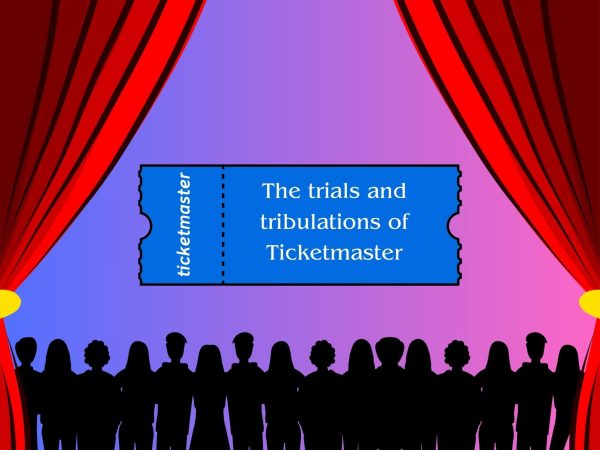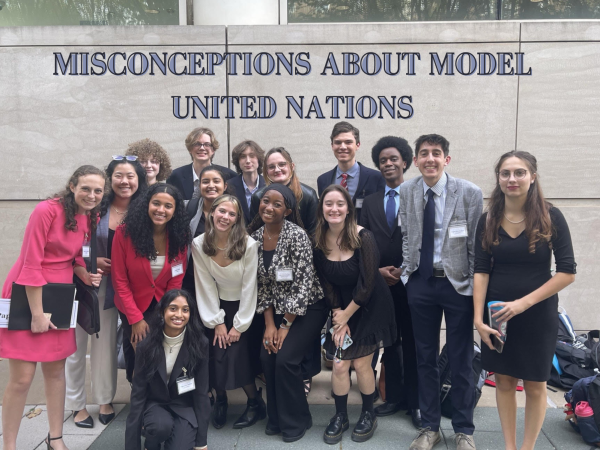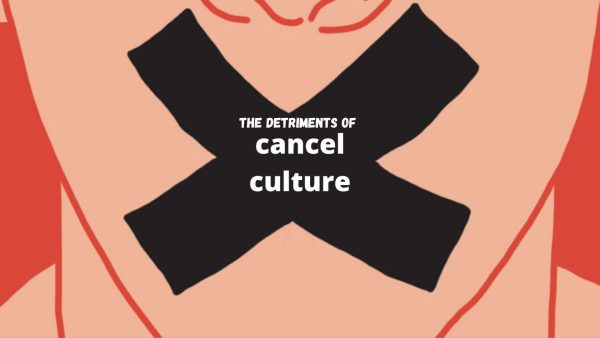Con: Ice Bucket Challenge skews original intention
August 26, 2014
Most people are aware by now of the ALS Ice Bucket Challenge. In fact, many people are participating, including students, teachers, family members, and friends.
On the off-chance you do not know what it is, the challenge is a new viral fad that raises awareness of ALS (amyotrophic lateral sclerosis), which is a disease that affects nerve cells in the brain and spinal cord. Motor neurons (which control the muscles) in the brain are supposed to go from the brain to the spinal cord and from the spinal cord to the muscles. ALS is a condition in which the motor neurons die and the brain can no longer control muscle movement, which may lead to paralysis and eventually death.
The challenge, therefore, is meant to get more people to know about the disease, and to raise donations to find a cure. The rules are simple: You are nominated, and you have 24 hours to either donate 100 dollars to the research, or dump a bucket of freezing ice water over your head. If you choose the challenge, you record yourself, nominate more people, and post it on social media, to spread the word. The idea is that, even if people fail to donate, awareness is still raised.
Is it effective? Undoubtedly. However, is it really doing what it’s supposed to be doing?
Many people partake in the challenge simply to skimp on donating. Couldn’t the money being used to buy the ice and water be used instead to actually donate to the cause? And is there a better way to actually raise the money? A lot of people aren’t willing to donate 20 dollars to a cause, let alone 100. It would be more beneficial to nominate someone who must donate to the cause. If they don’t, they must submit a video admitting that they did not, and then do the challenge.
Now, of course there are people both accepting the challenge and donating. Those people, though, are the ones who can afford it. A greater number of teenagers are braving the challenge, and most do not have money to donate. Also, the people who decide to only donate do not always receive full support from their family and friends, who wanted a fun video to watch, and probably preferred one.
And then of course, there’s the question of why this particular cause has received so much attention. The ALS Challenge is more than dumping cold water on your head and donating; it is a fantastic marketing campaign with elements that allow it to catch on and spread. How exactly did the challenge get people to dump water on their heads, donate money, and post the oft-embarrassing video of themselves for everyone to see?
For people to do something, there has to be something in it for them. It all comes down to one of humanity’s greatest flaws: our egos. We as humans crave to be recognized, and this challenge gives people that recognition. We get our 5 minutes of fame by taking to social media. So it’s not always about the disease. It’s about “me” in a way that’s not arrogant or self-centered, since everyone is doing it.
Even worse, there are people doing the challenge with no knowledge of what ALS is. How can raising awareness be effective if people do not know the disease they are doing the challenge for?
I am not saying that the Ice Bucket Challenge is bad, because it’s not. It’s raising money and awareness for a deadly disease in order to cure it, and that will always be a good thing. It is helping, but I am simply saying that perhaps people have lost sight of what the challenge is really supposed to be about, and that maybe they’re doing it for the wrong reasons. Social media often dictates how something is viewed, and this combined with the natural human tendency for entertainment and competition has perhaps warped the initial intention of the challenge in the first place.
If you want to donate to ALS research, you can donate here!

















